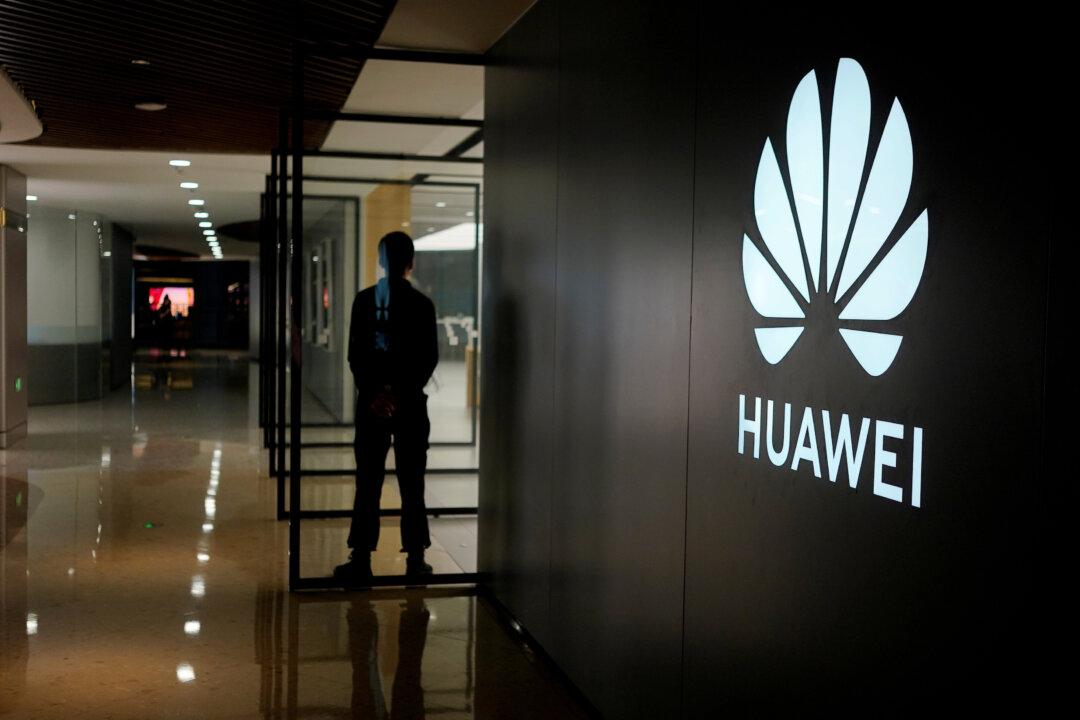A U.S. jury on June 26 cleared California semiconductor designer CNEX Labs Inc of stealing trade secrets from Chinese electronics giant Huawei Technologies while awarding CNEX no damages on its own trade theft claims.
Huawei had sued CNEX in U.S. District Court in Sherman, Texas, for misappropriation of trade secrets involving a memory control technology and for poaching its employees. The jury rejected those claims, while finding a CNEX founder failed to notify the company of his patent filings.





